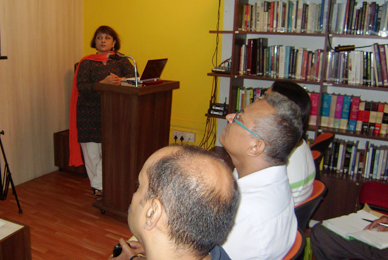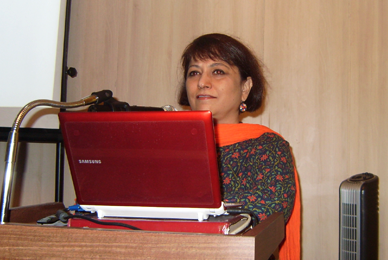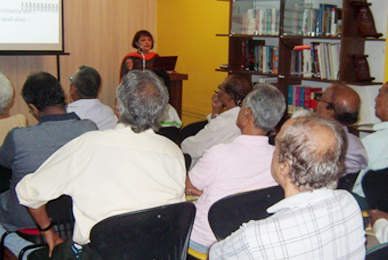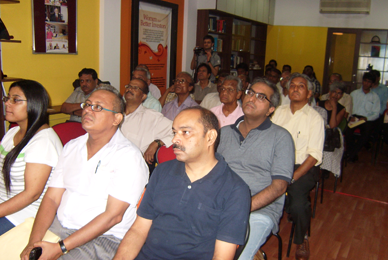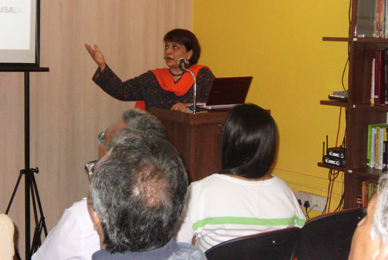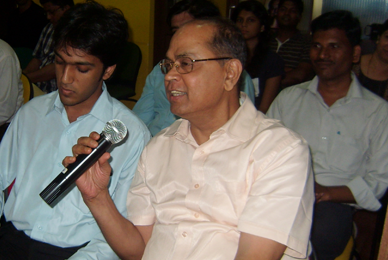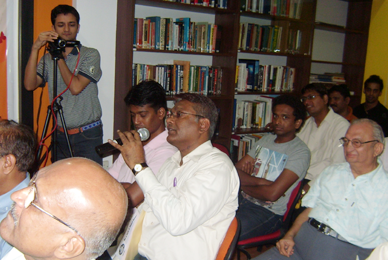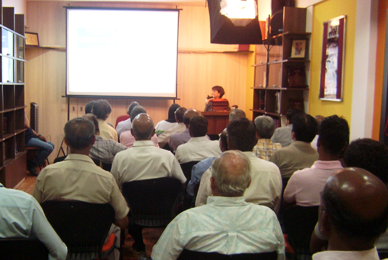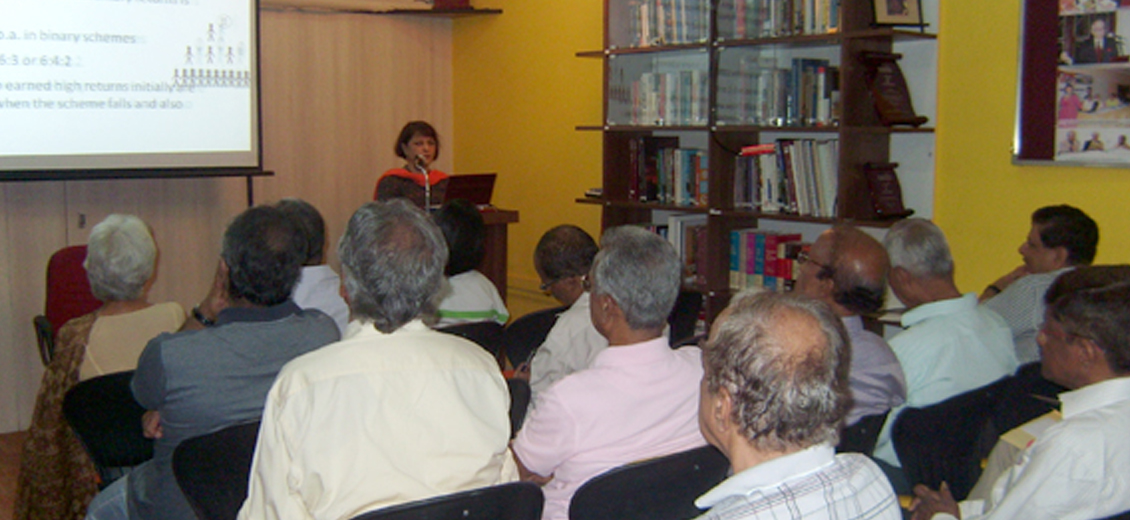
Even experienced investors often make amateurish mistakes, being lured by the prospect of big returns. Almost every other month we get to know of a big scam in one state or another, where thousands of crores have been collected from investors, who have been promised high returns, sometimes of more than 100%, in a relatively short period of time. Often, you’ll be surprised by the kind of people who have invested in these schemes. Sucheta Dalal, managing editor, Moneylife magazine, said, “In 2010, for example, a pyramid scheme called City Limousine found investors from even within the RBI and Income Tax office. According to numbers in a Times of India story, 15 RBI officials, 200 I-T officers and no less than 6,000 police officers invested in this dubious scheme. At one point, 10,000 investors were protesting outside the Azad Maidan police station in South Mumbai, but the policemen themselves had lost so much money in the scam.”
Just two weeks ago, another scam, run by West Bengal-based Saradha group, was exposed. The group had collected at least Rs17,000 crore from people in the state. Ms Dalal says that such scams could easily be stopped if the government wanted to, but they are kept alive by politicians themselves. She said, “In the Saradha chit fund scam itself you must have heard of many politicians who have been named. This is what happens when any case comes to light. You probably know that the promoters of Japan Life, which had collected Rs5,000 crore from investors were close to two prime ministers. It is also known that around Rs990 crore was transported out of the country by a single politician for the promoter of Speak Asia. But perhaps the best example is Sahara, whose promoter, Subrata Roy, is often seen hobnobbing with the biggest politicians. Plus, the group sponsors the Indian cricket team. When this company asks villagers in Uttar Pradesh to invest, why wouldn’t they believe everything that was told to them?”
Ms Dalal says that the political connections of these dubious companies allow them to flourish. She said, “A lot of promises are made immediately after the scam is exposed, but nothing happens. At a previous seminar we’ve had officers from the Serious Fraud Investigation Office tell us that they would like to take action but the government opposes this. The only way to ensure you are safe is by focusing on what is being sold to you. Keep in mind that if something is too good to be true, it probably is.”
There are a number of variants of pyramid schemes, but Ms Dalal said that, in her opinion, the binary scheme is the most dangerous. She said, “Any scheme that requires you to draw in a couple of other people is always a scam. It doesn’t matter if there’s a product involved. The only reason there is a product involved is so that it doesn’t become a money circulation scheme.”
Aside from pyramid schemes, though, there are internet-based scams, identity theft, phishing scams and job scams. Ms Dalal said that of all these scams, the phishing scams have become most sophisticated. She said, “You may receive a mail, ostensibly from your bank. It will ask you for your bank details or tell you your internet banking password is being misused. All these details will give them access to your bank account. Usually these e-mails ask you to click a link, redirecting you to another web-page. Now one thing to keep in mind is that banks never ask you to do this. If there’s a link it’s a scam. But when giving such details out, always verify the identity of the sender. Just two days ago I received one such mail from Axis Bank. You should always call the call centre to find out whether this is real or fake.”
From scams, Ms Dalal then moved on to relationship managers, who have become a real menace. She said, “Relationship managers are a recent phenomenon. We didn’t always have them. They were first welcomed because they gave individual attention. But the reason for this service is simple—they want you to invest in certain third-party products that earn them good commissions. The dangerous thing about a bank trying to sell you such products is that they know exactly when money enters your account and, therefore, when to strike.” Ms Dalal advised participants to not only note down the name of the relationship manager trying to sell them products, but the names and numbers of his boss and boss’s boss as well, because relationship managers change jobs regularly.
When it comes to choosing a bank, Ms Dalal said that government banks are the safest. Small cooperative banks are the ones that go bust most often and should be avoided. She said, “Public banks are sarkari and the government cannot afford the embarrassment of letting a public bank default of deposits. So your money is safe there. Even large private sector banks are safe because the government considers them too big to fail. Cooperative banks are dangerous because they are shakily run and politicised.
Lastly, Ms Dalal touched upon credit cards and the inherent risks of using them. She said, “Credit cards are necessary. They can be life savers in emergencies. But they can burst like bombs if you’re not careful. The interest rates are enormous, there are all sorts of charges and your bill could swell easily if you’re not careful.”


